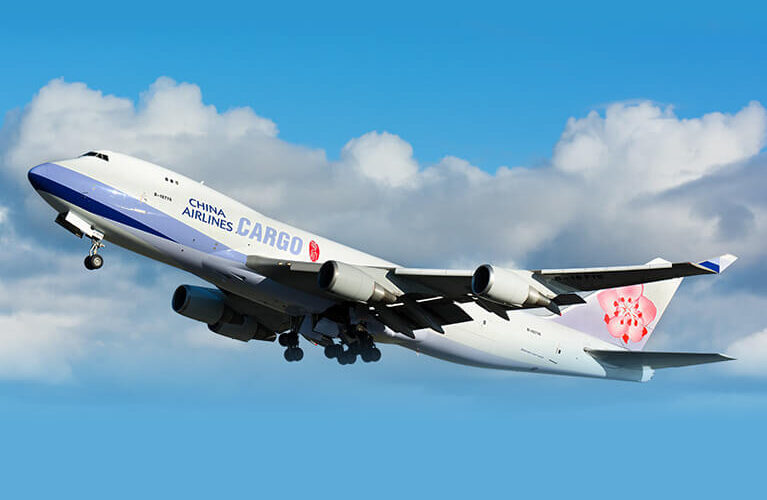According to the Wall Street Journal, only 4 airlines from Asia, namely China Airlines and Eva Air of Taiwan, together with Korean Air and Asiana Airlines from South Korea, made profits in the second quarter of this year among the 30 major airlines that have reported their results. Taiwan and South Korea’s airlines make money mainly from the cargo business. These four airlines, which have a huge freighter fleet, have benefited from a surge in freight rates when the global pandemic affected global logistics.
Air cargo contributed 72% and 92% of the revenue of Korean Air and China Airlines, respectively in the second quarter, compared to less than one-third of the airlines’ income in the same period last year.
Although several airlines are now converting their passenger planes into cargo planes, Taiwan and South Korea have an advantage in shipping goods because the demand for locally produced technology products and electronic components has increased dramatically under the global pandemic. In addition, the Asian region produces a lot of personal protective equipment (PPE), so airlines in Taiwan and Korea can ship various parts to China and Southeast Asia, and then ship the finished products to Europe and the United States. On the way back, they often carry fresh food and medicine back home.
IATA estimates that air cargo revenue is expected to reach US$111 billion this year, only slightly higher than the pre-epidemic level. Still, it’s far better than the sharp decline in passenger revenue. IATA also said that this year’s air passenger revenue is feared to fall from the original estimate of US$581 billion to US$241 billion, which means that cargo revenue will account for more than a quarter of the total, up from one-eighth in the previous year.
Many airlines are converting empty passenger planes into cargo planes by placing cargo in overhead lockers or guest seats, or even removing seats to make more space.
For example, Korean Air recently removed all seats from two of its passenger planes and is planning to convert two others into cargo planes.
Aviation industry executives and analysts say the conversion of passenger planes into cargo planes has the advantage that authorities still treat them as passenger planes and, therefore, fly to destinations that cargo planes couldn’t reach before. But the disadvantage is that the converted passenger planes are only required to make round trips to their origin and destination points and can’t make as many stops as cargo planes.
Although cargo is now the mainstay of airlines’ revenues, Professor Bijan Vasigh of Embry-Riddle Aeronautical University (ERAU) believes that shifting the focus to cargo is only a stopgap measure, as passenger transport remains the core competency of the airline industry.

